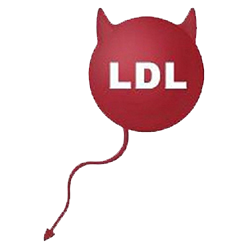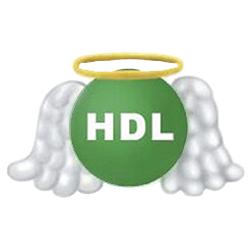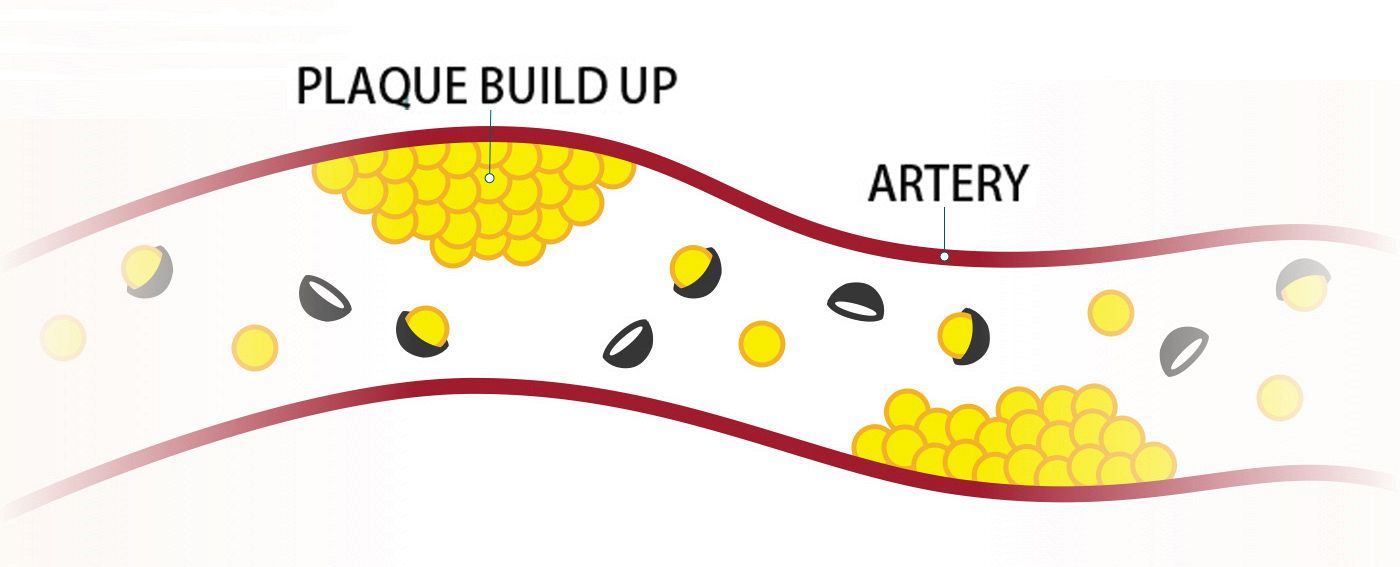
What is cholesterol?
Cholesterol is a waxy substance found naturally in the blood. Predominantly produced in the liver, but also found in foods such as red meat, high fat cheese, butter and eggs, Cholesterol is essential for maintaining good health and only becomes a problem when the level in your blood is too high.
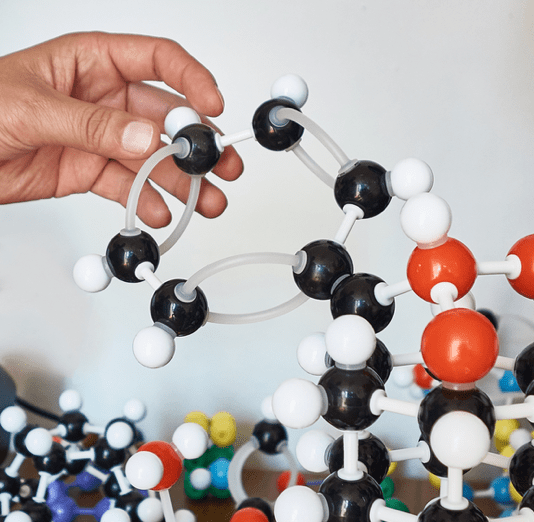
Raised cholesterol is a common problem and a risk factor in the development of coronary heart disease, however a visit to your healthcare professional and following a healthy diet and lifestyle can help to lower cholesterol levels and will significantly reduce the risk.
LDL and HDL Cholesterol

LDL cholesterol is known as "bad" cholesterol and is what you should try to reduce as much as possible.
LDL carries cholesterol from the liver to the rest of the body. When the level of LDL cholesterol in our blood is too high, excess LDL cholesterol can slowly accumulate in the walls of our arteries, making them narrower and less elastic. Over time this increases the risk of a heart attack or stroke.
Along with other risk factors, our LDL cholesterol level can be used to predict the risk of developing cardiovascular diseases. It is agreed by experts that levels of LDL cholesterol should be kept low.
HDL cholesterol is known as "good" cholesterol - it performs useful functions to protect your heart.
Unlike LDL, HDL cholesterol is like a hard-working cleaner and is highly beneficial. It picks up cholesterol from the walls of our arteries and carries it back to the liver. Because it manages the bad (LDL) cholesterol, HDL cholesterol is considered protective and is beneficial. That's how we know that this "good" cholesterol is so valuable.
- 1
Total Cholesterol and Triglycerides
Total cholesterol is a measure of all cholesterol in the blood, mainly LDL cholesterol and HDL cholesterol.
The combined total of LDL and HDL cholesterol is often used to estimate our risk of cardiovascular disease. Experts now understand, however, that the LDL cholesterol level is much more informative when it comes to estimating what your risk level is.Triglycerides play an important role as energy sources and transporters of fat around the body.
Most fats found in food and in the body are in the form of triglycerides. Blood triglycerides either come from the fats in our food or they are formed in the body from other nutrients like sugars. An elevated level of triglyceride in the blood is associated with cardiovascular diseases, which is why its level should be kept low.
- 1
How do I know what is the best food to regulate my cholesterol levels?
If you want to lead a healthy lifestyle and reduce the chances of encountering cholesterol issues, it’s important to understand what the impact of your diet is on your cholesterol levels. Some healthy foods such as grains, fruits, vegetables and fatty fish can boost your HDL cholesterol levels, while fried food, red meat and saturated fats can increase your LDL cholesterol and should be eaten in moderation.
Know Your Number


Every second adult has elevated cholesterolElevated cholesterol affects people of all ages and backgrounds in the industrialized countries – no matter whether you are young or old, overweight or underweight, or whether you exercise or not. The only way to know what your cholesterol levels are is to have them tested by your doctor or other healthcare professional.
What cholesterol level is considered too high?Cholesterol reference values given for healthy individuals in recent international medical guidelines are: |
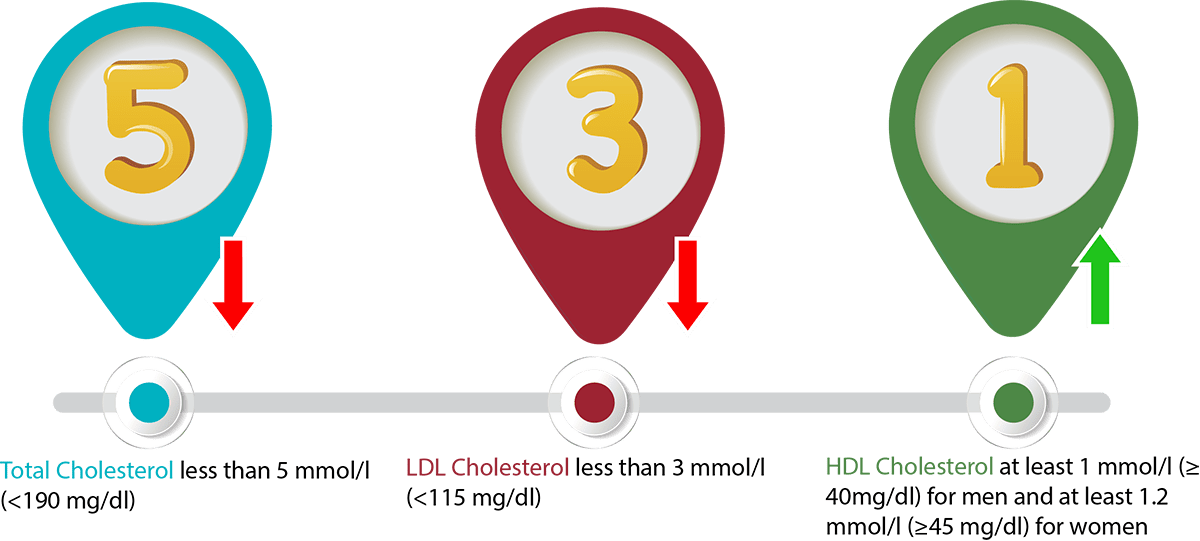
If you have other risk factors, such as smoking, high blood pressure, diabetes or heart disease, the target levels for total and LDL cholesterol are even lower. |
Cholesterol Myths
|

